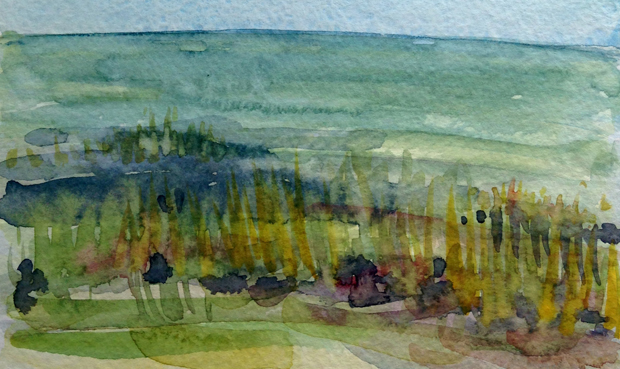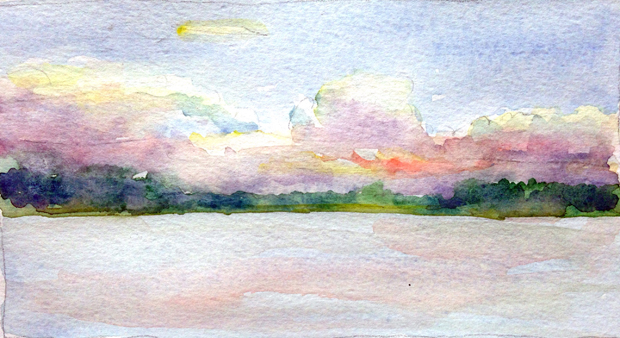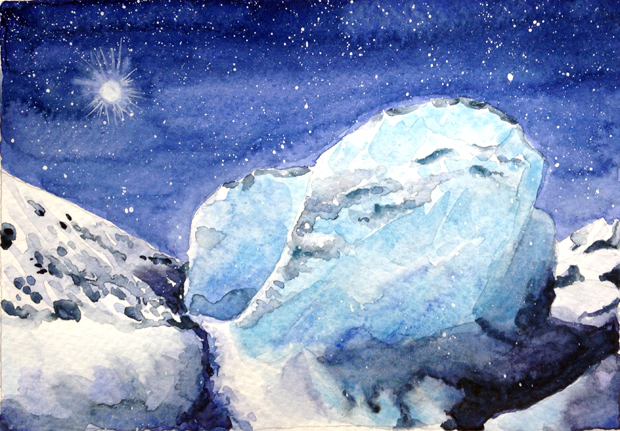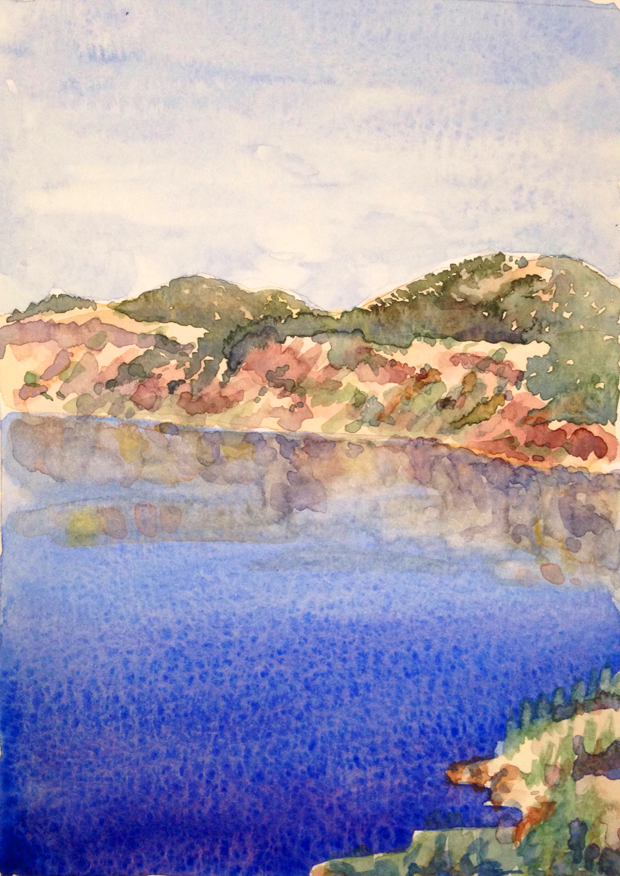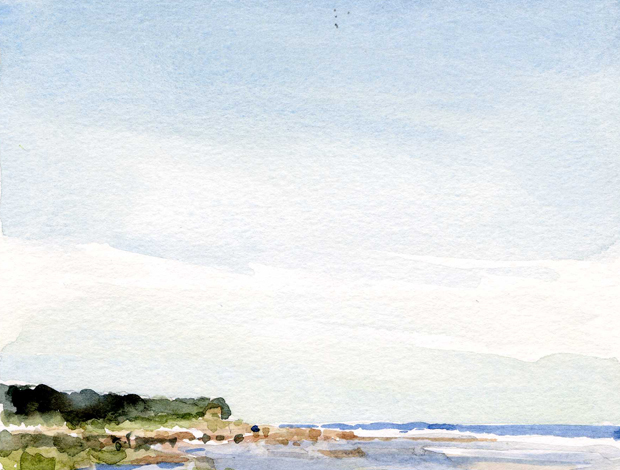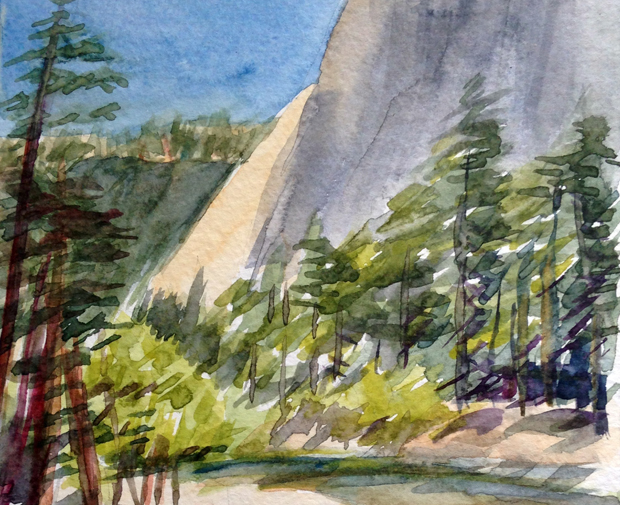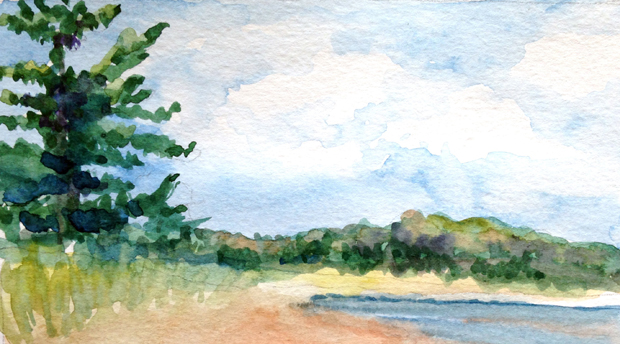Thirty-six years ago, President Carter made a televised speech during prime time. It was a political disaster, and has since been called derisively the “Malaise Speech.” It’s available on YouTube, but I ran across it watching Michael Moore’s 2009 film, “Capitalism: a Love Story.” The speech is fascinating, in an anthropological kind of way. Carter looks so wooden and sincere up there, shaking his fist to occasionally animate his otherwise stiff body.
After telling his fellow Americans how upset he is about the low ebb of our national self-confidence, he launches into his advice. From the perspective of over twenty years in the green movement, his words are eerily familiar. He proposes using energy as a rallying point to renew America’s confidence and spirit, along with our economy. What was it about this bald truth-telling that equated to political suicide? He clearly did not display the gift of rhetoric that several of his successors did, but I think it was a deadly mixture of message and delivery that doomed him. Continue reading

